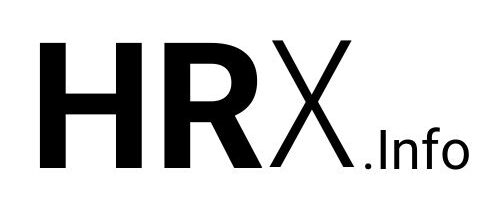Coaching is a structured, interactive process that combines individualized guidance with personal feedback. As a core instrument of personnel development, coaching focuses on enhancing an employee’s personal and professional growth. The coach—either a line manager or an external consultant—serves as a trusted partner who facilitates reflection, skill-building, and behavioral change in the coachee.
There are two primary coaching models:
1. The American Coaching Model
This original coaching approach emphasizes the role of the line manager as coach. Managers support employees in mastering their daily tasks by fostering self-help capabilities. Coaching here is a leadership tool aimed at increasing professional autonomy, performance, and personal responsibility. It is based on:
-
A trusting, cooperative relationship between coach and coachee
-
Honest feedback and delegation of responsibility
-
A holistic view of the employee, including career-related and personal topics
This method positions coaching as a developmental service provided by leaders to support sustainable performance improvement.
2. The German Coaching Model
In contrast, the German concept of coaching involves external professionals offering tailored support to individual managers or groups of managers. It is typically psychologically informed and centers around deep conversation. Focus areas may include:
-
Behavioral patterns and interpersonal dynamics
-
Emotional responses and personal attitudes
-
Organizational conflicts, hidden agendas, or taboos
-
Leadership strategies, goal setting, and decision-making
This form of coaching helps uncover blind spots, explore alternative perspectives, and support authentic leadership development
« Back to Glossary Index





![15 Employee Offboarding Templates That Save Hours of HR Time [Free Downloads] 15 Employee Offboarding Templates That Save Hours of HR Time [Free Downloads]](https://i1.wp.com/www.hrcloud.com/hubfs/Header.png?w=150&resize=150,100&ssl=1)
